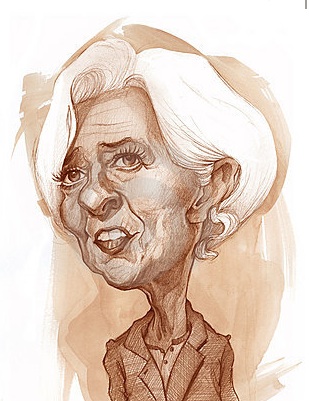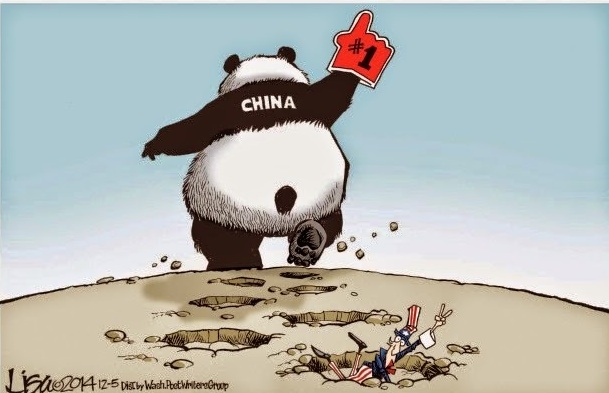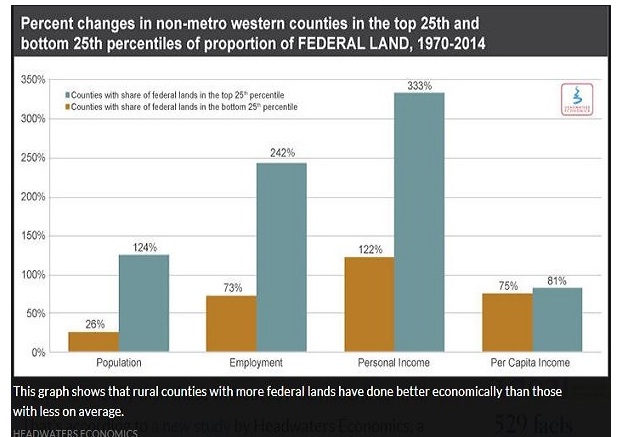Focusing on the EU’s survival:
Although they disagree on solutions, experts broadly agree on the list of things that needed to be fixed. These include:
- Completing the Banking Union;
- Breaking the ‘doom loop’ between banks and their sovereigns;
- Ensuring EZ-wide risk sharing for Europe-wide shocks;
- Cleaning up the legacy debt problem;
- Coordinating EZ-level fiscal policy while tightening national-level discipline;
- Advancing structural reforms for a better functioning monetary union.
Each chapter presents solutions to one or more of these challenges, and several of the chapters view solutions to one problem as inexorably linked with the solution to one or more of the other problems.
Lessons learned and progress to date on fixing the Eurozone
At the outset, we must acknowledge that there is nothing novel about the notion that the Eurozone needs completing. The basic shortcomings have been known and discussed by economists since the euro was launched. This may be seen as reassuring in the sense that the realisation that the Eurozone has shortcomings does not depend on elaborate new theories, empirical findings, or controversial interpretations of the EZ Crisis. Based on nothing more than simple economic logic and basic economic facts, many flaws were obvious from the start.
For example, a CEPR report wrote:
“The ECB suffers serious faults in its design that sooner or later will surface. This is likely to happen when large shocks [Editors’ note: the Report refers to the 1997 Asian Crisis], hit euroland. … The lack of centralized banking supervision, together with the absence of clear responsibilities in crisis management, risk making the financial system in euroland fragile. No secure mechanism exists for creating liquidity in a crisis, and there remain flaws in proposals for dealing with insolvency during a large banking collapse.” (Begg et al 1998).
These problems were swept under the rug during the halcyon days of the Eurozone’s first decade.
Fixing the Eurozone is a job half done. Nobel Prize winner Chris Pissarides, writes:
“There are certain conditions needed to make a common currency across diverse economies a success and the Eurozone is clearly not satisfying them.”
Given the wide range of shocks arising from the current situation in Europe and beyond, now is not the time to relax. The job of fixing the Eurozone must be completed sooner rather than later. At their summit next week, EU leaders should find the time to restart the process of repairing Europe’s monetary union.









